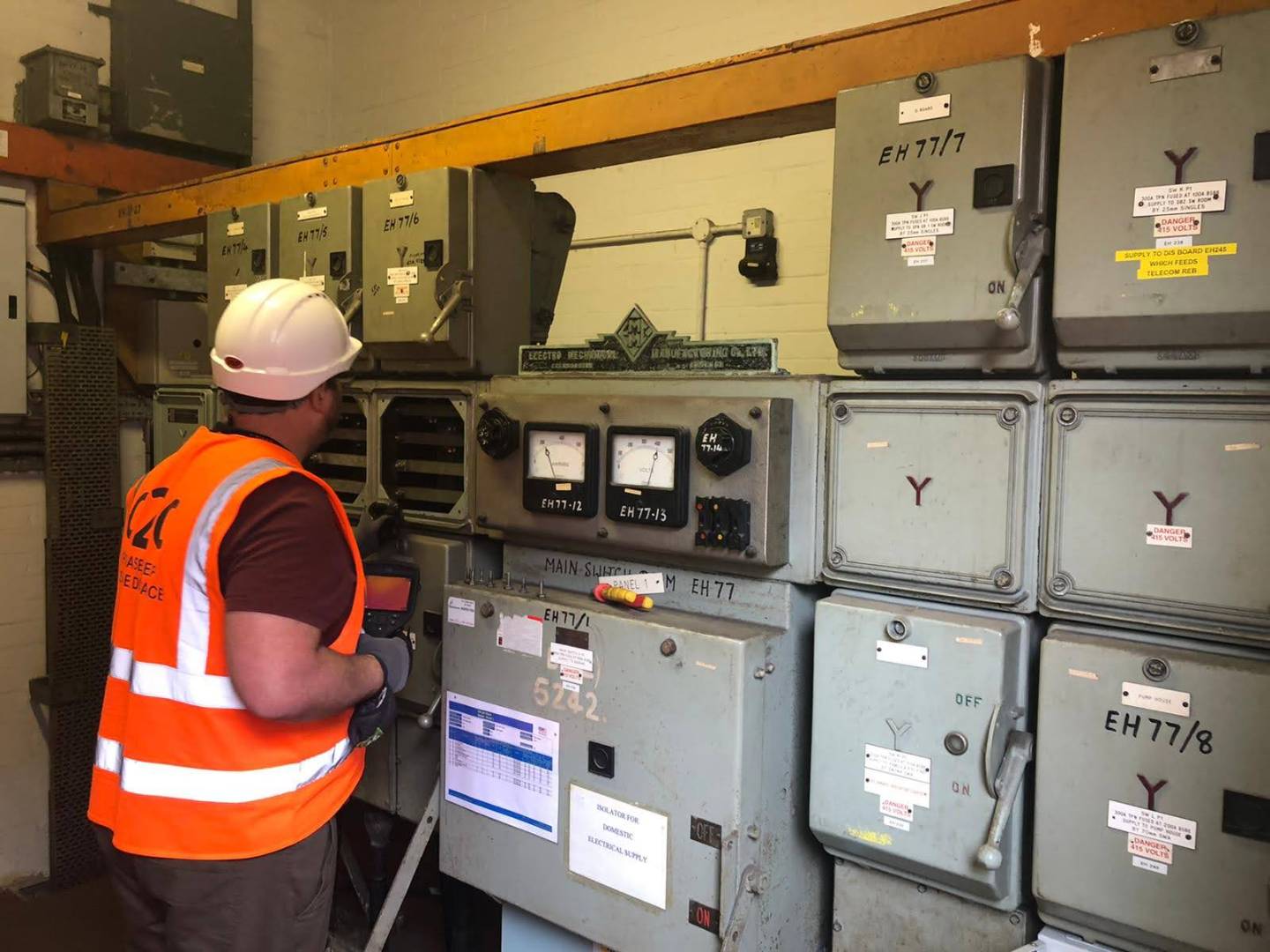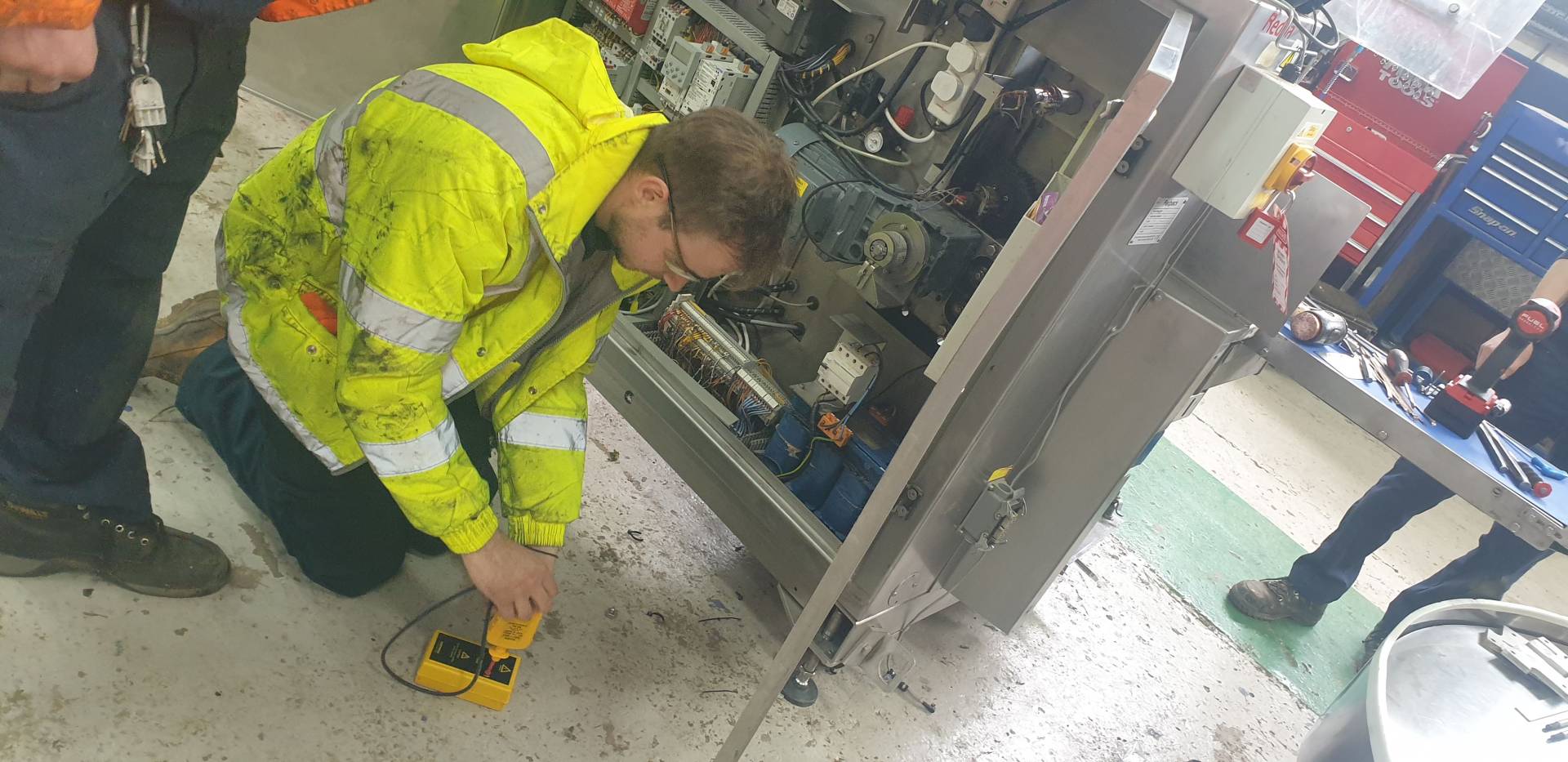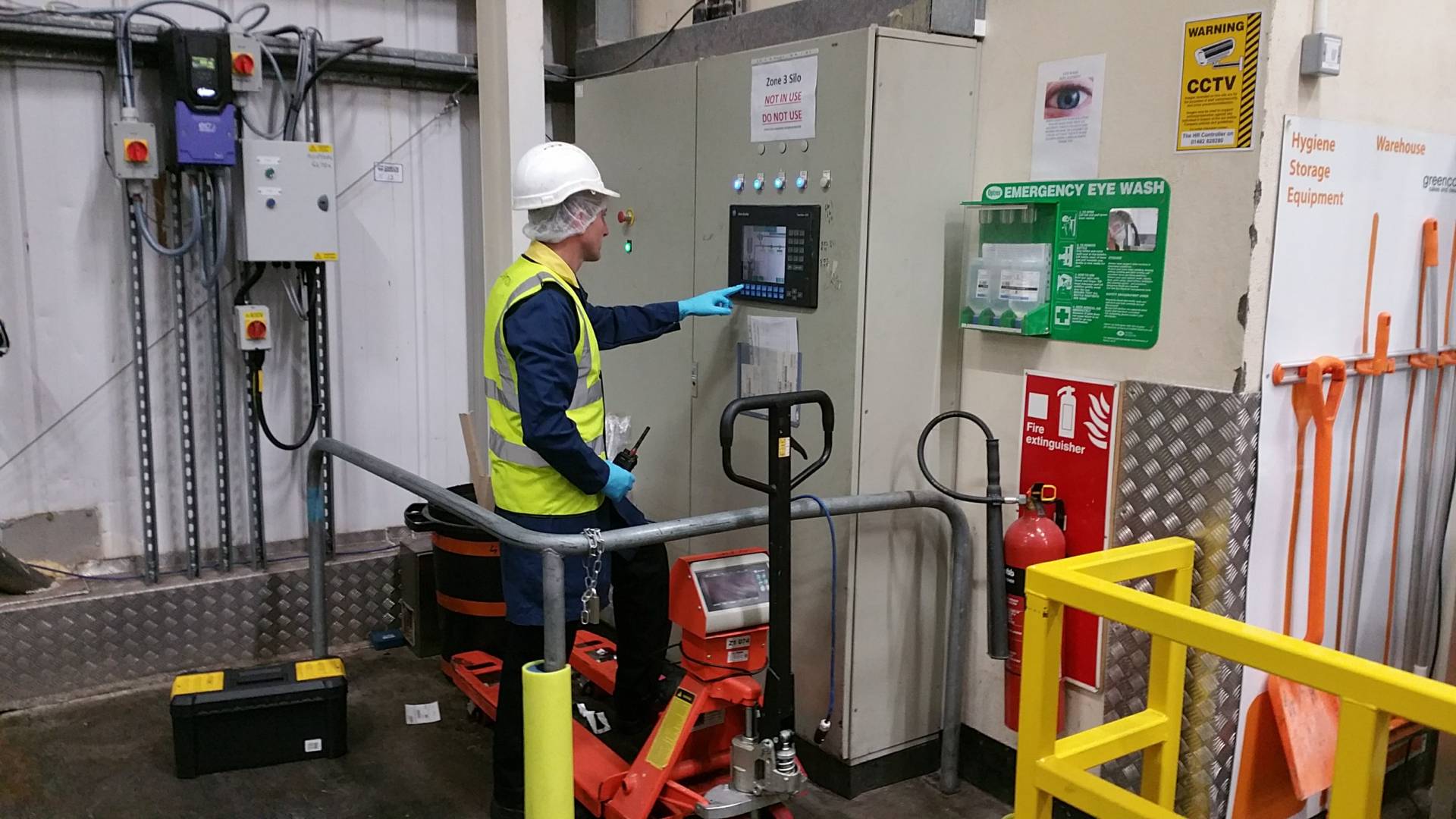This is an on-site course, online course coming in August.
Course Overview:
The Electrical Duty Holders Training Course aims to provide electrical duty holders in the UK with comprehensive knowledge and understanding of their responsibilities, legal obligations, and best practices in managing electrical safety within their organisations. This course will equip participants with the necessary skills to create a safe electrical environment, identify potential hazards, and implement effective risk management strategies. Participants will gain insights into relevant regulations, standards, and guidelines to ensure compliance and minimize electrical risks in their workplaces.
Duration: 1-day workshop (can be adjusted based on specific requirements)
Target Audience:
- Electrical Managers and Supervisors
- Facility Managers
- Health and Safety Officers
- Engineers and Technicians
- Those with delegated responsibility for electrical safety in the workplace
Course Objectives:
By the end of this course, participants will be able to:
- Understand the roles and responsibilities of electrical duty holders in the UK.
- Identify potential electrical hazards in the workplace.
- Implement effective risk assessment and risk management strategies for electrical safety.
- Comply with relevant UK regulations, standards, and guidelines.
- Develop and maintain an electrical safety management system.
- Ensure appropriate training and competency of personnel working with electrical systems.
Course Outline:
Module 1: Introduction to Electrical Duty Holders
- Definition of electrical duty holders
- Key roles and responsibilities
- Legal obligations and the Electricity at Work Regulations (EAWR)
Module 2: Electrical Hazards and Risk Assessment
- Common electrical hazards in the workplace
- Understanding risk assessment and risk control measures
- Creating a risk management plan
Module 3: Electrical Safety Management System
- Developing an electrical safety policy
- Implementing safety procedures and safe systems of work
- Emergency response and incident reporting
Module 4: Compliance with Regulations and Standards
- Overview of the EAWR and other relevant regulations
- Understanding British Standards and Codes of Practice
- Ensuring compliance and best practices
Module 5: Electrical Equipment Inspection and Testing
- Understanding the requirements for periodic inspection and testing
- Types of electrical testing and their importance
- Records and documentation
Module 6: Competency and Training
- Identifying the required competencies for personnel
- Developing an electrical training program
- Ongoing training and refresher courses
Module 7: Case Studies and Practical Exercises
- Analyzing real-life electrical incidents and their lessons
- Practical exercises on risk assessment and safety planning
Module 8: Q&A and Course Conclusion
- Open discussion and clarification of any queries
- Summary of key takeaways and action plan
Assessment: Participants will undergo both formative and summative assessments to gauge their understanding and application of the course material. Formative assessments will be conducted through interactive discussions, group activities, and practical exercises throughout the course. The summative assessment will involve a written examination at the end of the training to evaluate the participants' overall comprehension.
Certification: Upon successful completion of the course and passing the final assessment, participants will receive a Certificate of Completion as Electrical Duty Holders, recognising their competence in managing electrical safety in the workplace.
Note: This training course should be periodically updated to reflect any changes in regulations and best practices related to electrical safety in the UK.



